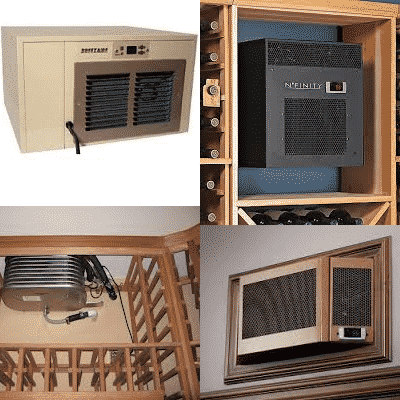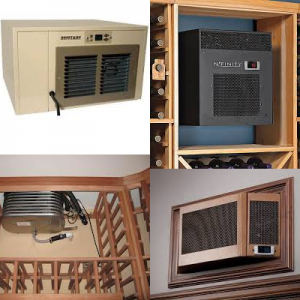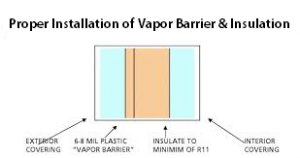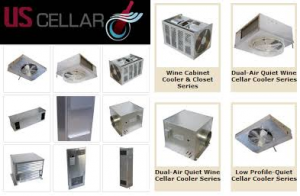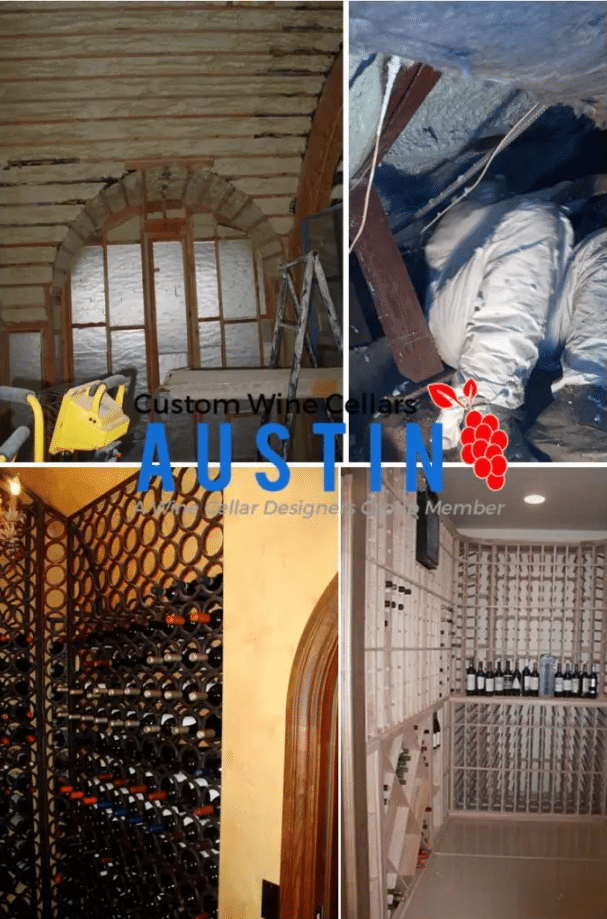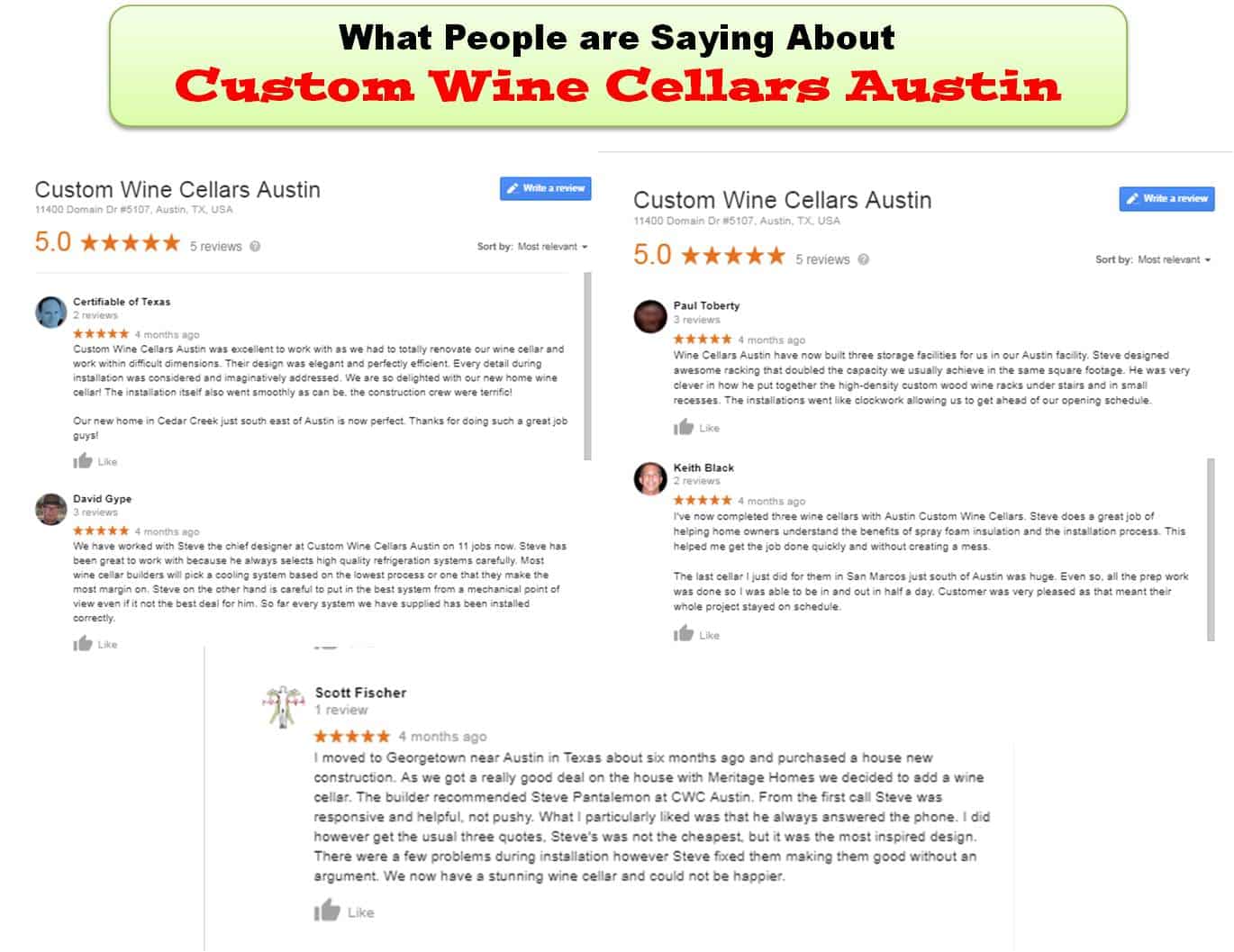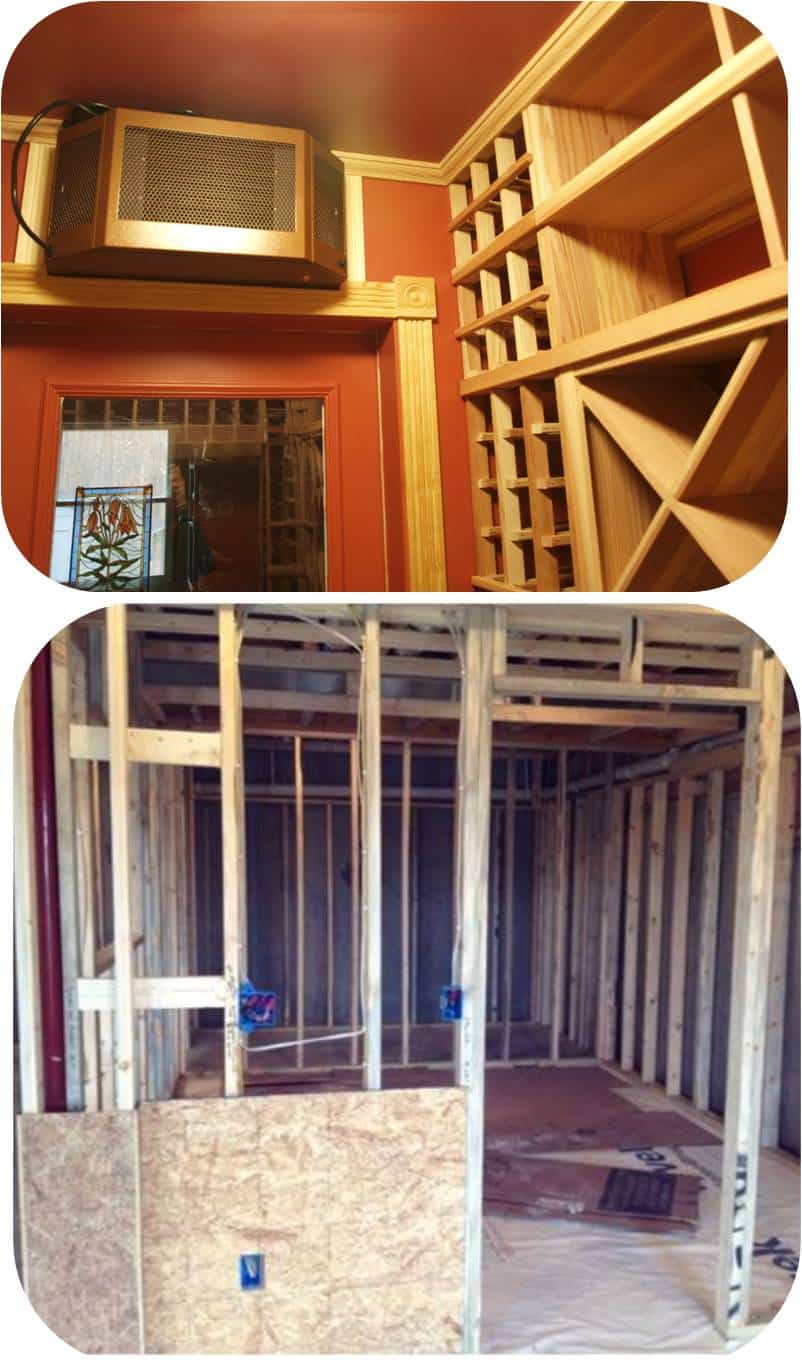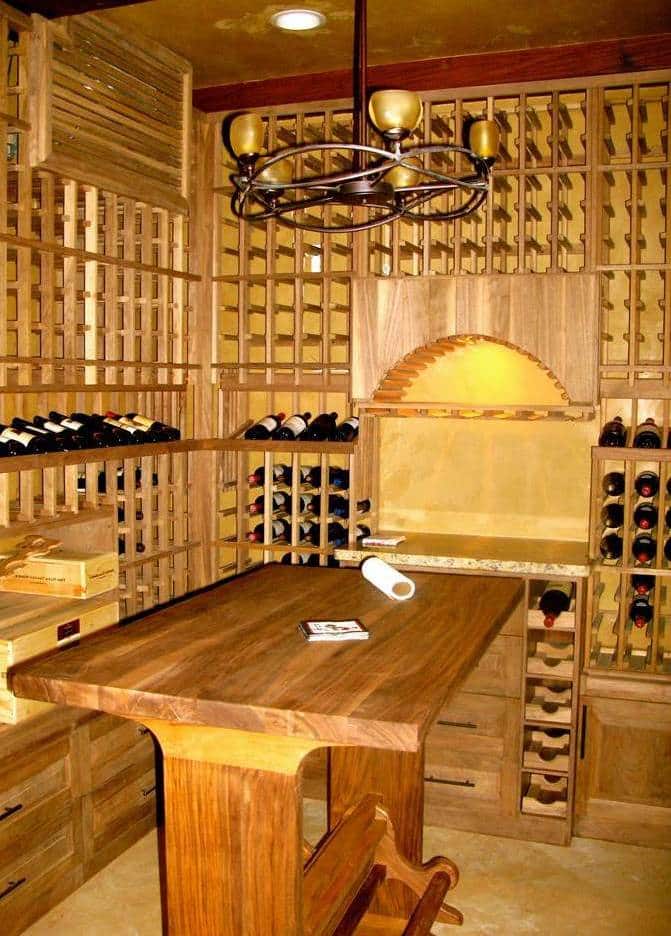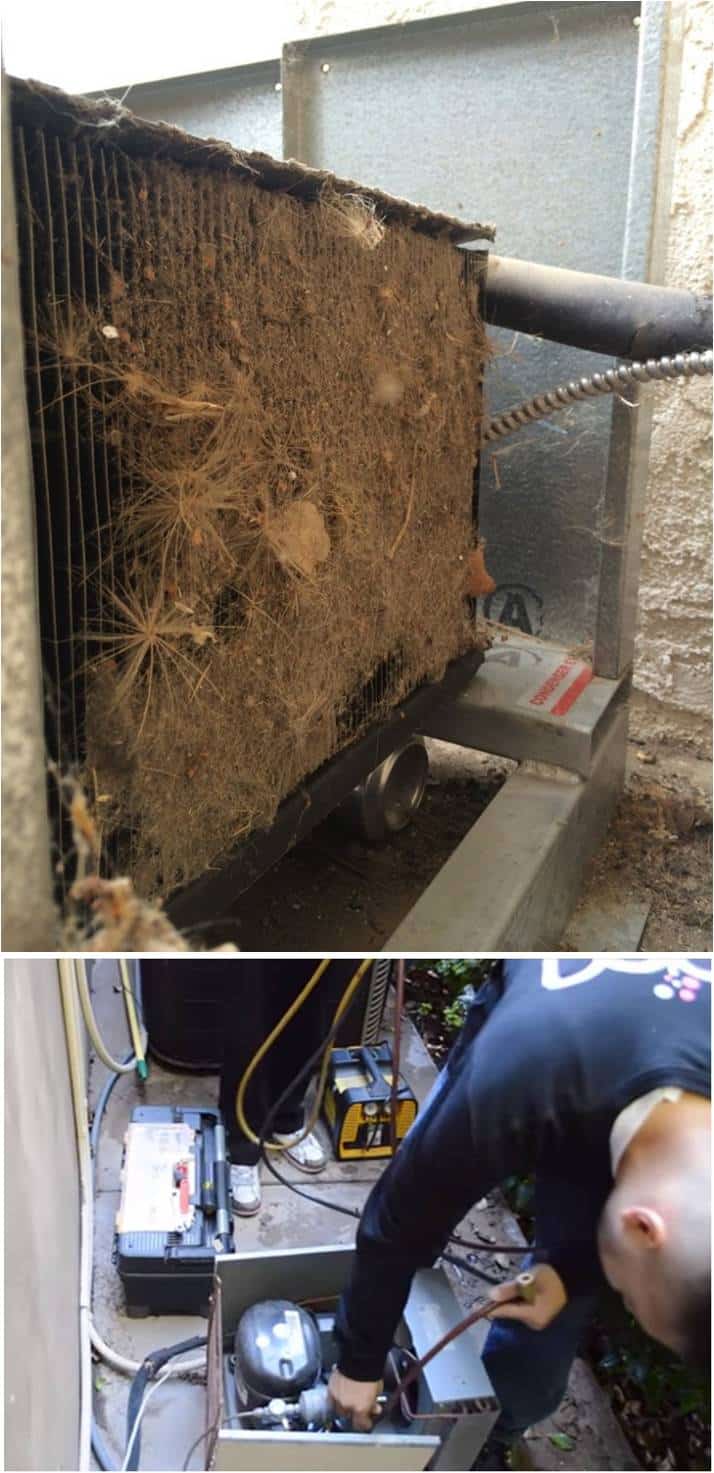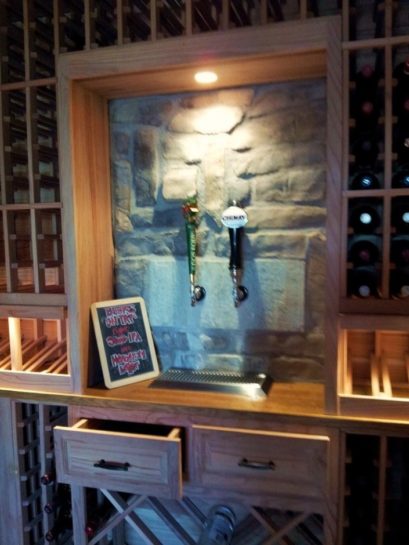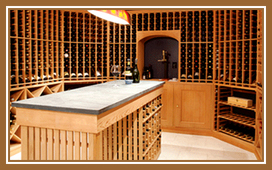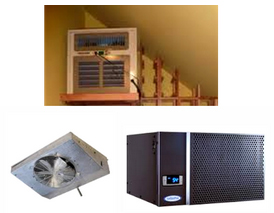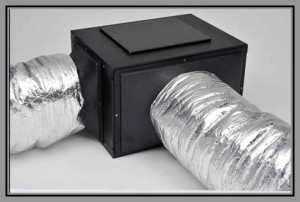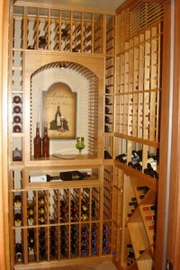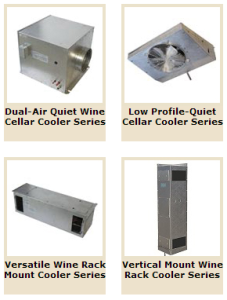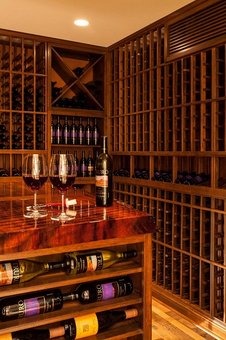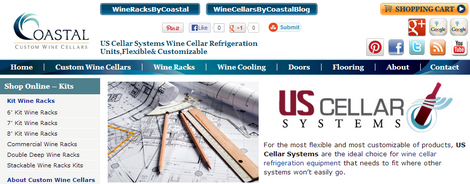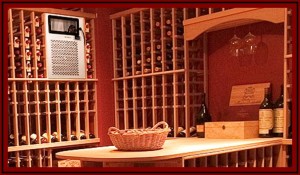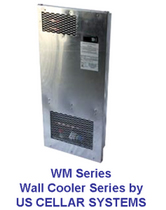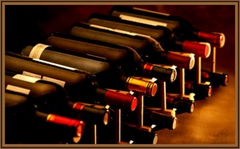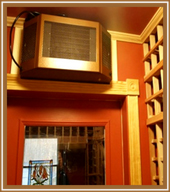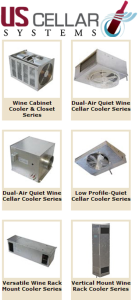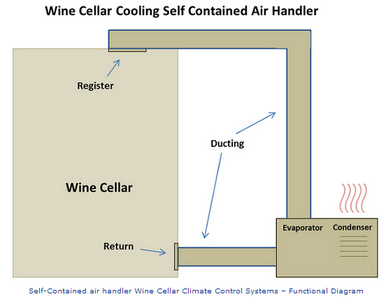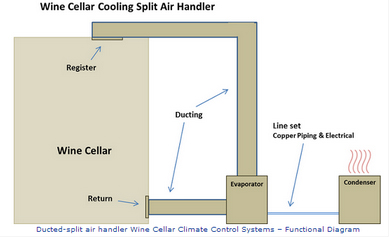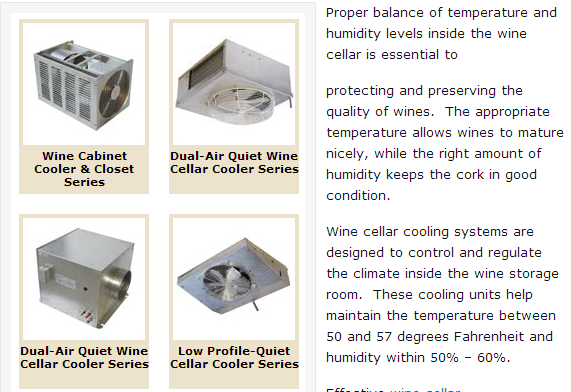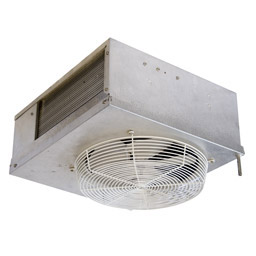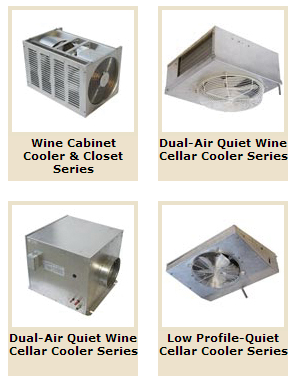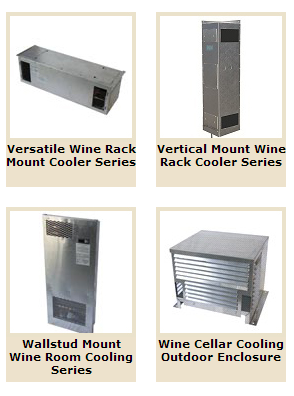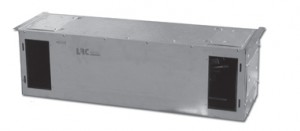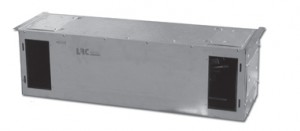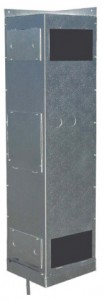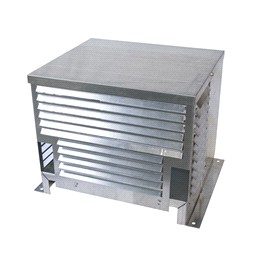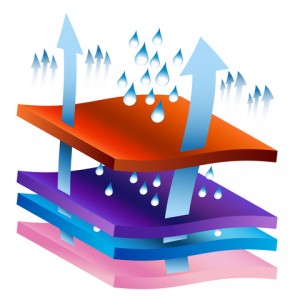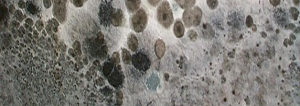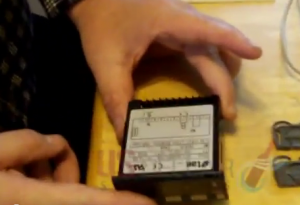A wine cellar cooling unit is an essential part of a custom wine cellar in California. It is the component of a wine storage room that provides the cool air necessary for wines to be stored properly. A wine cellar cooling unit is designed to provide the temperature levels that wines need to age tastefully. Here are some basic facts on wine cellar cooling units:
1. Different Wine Cellars Need Different Wine Cellar Cooling Units
When choosing the appropriate wine cellar cooling systems for your residential custom wine cellar, it is wise to consult with a wine storage professional. Every wine cellar is unique, and each has its own set of challenges, which need to be identified prior to and during construction. A wine cellar professional will help you assess the requirements of your custom wine cellar in Orange County, California so that the right cooling unit for you can be determined.
2. All Cooling Units Create Noise
The fact is, all wine cellar refrigeration units in Orange County, California create some level of noise, which is generated by the unit’s compressor, and by the airflow through the fans. There are some units that create less noise than others, depending on their configuration. Split wine cellar cooling units create less noise than self-contained wine cellar refrigeration units, for example. This is because the noisy part of the former is placed a ways from the cellar, while the latter has all of the parts mounted on the cellar wall.
3. Wine Cellar Refrigeration Units Generally Run All of the Time
Some people wonder how often and for how long their cellar cooling units need to run. The amount of time that these units need to operate depends on the size and construction of the cellar, the size of the unit, and the ventilation environment. A wine cellar refrigeration unit needs to run at least 50% to 70% of the time, on average, in order to consistently keep the temperature in the cellar at the ideal levels.
4. Cooling Units Though They Are, They Also Generate Heat
Custom wine cellar cooling units operate by absorbing heat inside the cellar and expelling it through the condenser. The heat collected should be effectively dissipated, so that the unit can function properly. This means that proper ventilation must be provided. Without it, the wine cellar environment will be compromised, and the unit easily damaged.
5. Temperature Differential is Critical
Temperature differential refers to the difference between a home wine cellar cooling unit that can cool and the temperature of the room it is exhausting to. For example, if a cooling unit has a differential of 40 degrees Fahrenheit, this means that if the exhaust environment is 90 degrees Fahrenheit, it will be able to cool the wine storage room down to 50 degrees Fahrenheit. If the differential is 30 degrees, it can cool the room down to 60 degrees only.
Before purchasing a cellar refrigeration unit, check its temperature differential, so that you can assess whether or not it is capable of cooling your home wine cellar to the ideal temperature of 55 degrees Fahrenheit.
6. Ideal Humidity is Essential
Wines cannot be stored properly without the ideal humidity levels. An overly humid environment may cause mold and mildew to form on the wine labels, and around the entire wine cellar. If the cellar environment lacks humidity, corks tend to dry out, shrink, and crack, which allows air to enter the bottle and thereby spoil the wine. Choose a residential custom wine cellar cooling unit that is efficient enough to provide a cellar with the ideal level of humidity, which is around 60 to 80 percent.
7. Proper Insulation is Imperative
Without proper insulation, a home custom wine cellar refrigeration system will not be able to provide the ideal conditions, regardless of its type or its brand. Without the right insulation, cooling units are forced to work harder to achieve the right temperature. An overworked cooling unit can break all too easily.
8. Vapor Barriers are Important
Vapor barriers are just as important as insulation. You must make sure that vapor barriers are properly installed in your custom wine cellar, to help your unit provide the ideal humidity. Improperly installed barriers result in a compromise in the wine storage environment, and ultimately, damage your wines.
9. A Good Wine Cellar Door is Essential
Wine cellar doors play a very important role in keeping a wine storage room airtight. If a residential custom wine cellar door is not installed correctly, the temperature and humidity in the wine storage room will fluctuate constantly. Your wine cellar cooling system will not be effective regardless of its brand or type if your cellar door is not properly installed.
10. Plan Wine Cellar Lighting Properly
A custom wine cellar’s lighting can either help or disturb the wine cellar unit’s ability to maintain the temperature and humidity at the ideal levels. Some residential custom wine cellar lighting emits too much heat that can counteract the wine cellar refrigeration unit’s ability to cool the wine storage room. Choose your wine cellar lighting properly. Ideally, Light Emitting Diode or LED lighting should be used for home wine cellars.
11. Wine Cellar Cooling Units Come in 3 Different Types
Custom wine cellar refrigeration systems in Orange County, California can either be a self-contained through-the-wall cooling unit, a ducted split unit, or a ductless split type wine cellar cooling system. The type of cooling unit you need depends on many factors including the size of your residential wine cellar, the number of bottles in your collection, etc.
Providers of Quality Wine Cellar Cooling Units in California
You have to make sure that the wine cellar cooling units you choose will effectively provide the ideal conditions for your wines to age properly. US Cellar Systems is a trusted manufacturer of quality residential custom wine cellar refrigeration systems in Orange County, California. They provide various kinds of wine cellar cooling units to suit your wine storage needs. They also offer installation and maintenance services for their products. For more information about wine cellar refrigeration systems by US Cellars, contact them at (562) 513-3017 today!




